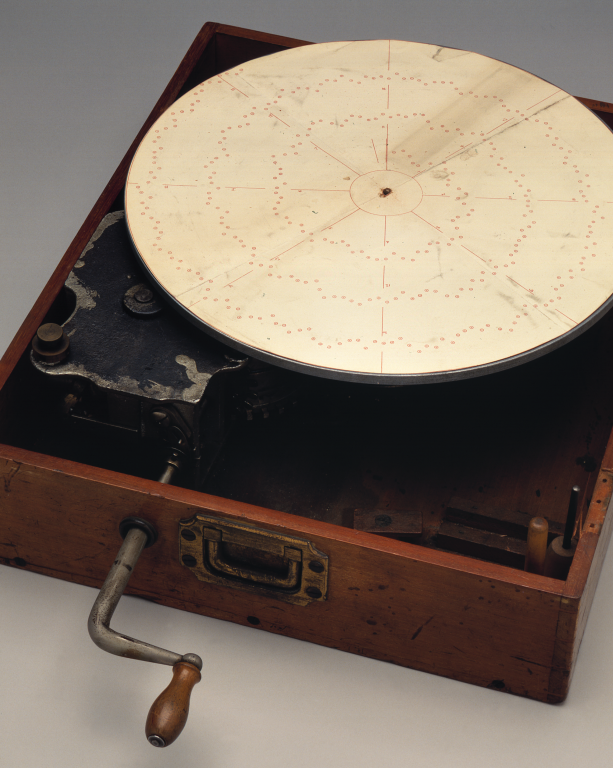From the L.R. Reeve* collection of short sketches of people he had met - this affectionate piece about psychologist May Smith O.B.E (1868-1968). There is a very brief entry at Wikipedia but a lot more in an article on early women industrial and experimental psychologists which details sleep privation tests she performed on herself in her study of fatigue amongst workers. Our photo is from the Science Museum and is of a Dotting Machine made by Edgar Schuster. It was used for testing accident-proneness in industrial workers by May Smith and her fellow psychologist Millais Culpin while she was at the Industrial Fatigue Research Board. This was a body originally set up to study the health of munitions workers during World War I. As often with L.R. Reeve, an assiduous attender of lectures, he evaluates oratorical style - in her case 'compulsive' and '..much more unassuming than she ought to have been.'
May Smith
Mr Alec Rodger M.A., of Birkbeck College, London, has recently contributed, in a Bulletin of the British Psychological Society, a well-deserved tribute to the late Miss May Smith, O.B.E., whom for many years I considered to be among the dozen ablest psychologists in this country; and to this day my opinion has never changed. Moreover, Mr Rodger's survey of her career strengthens my previous conviction of her wide outlook, for although I saw her, heard her unruffled, steady speeches, read accounts of diligent research, such as studying, with Dr Millais Culpin, 1,000 people in all walks of life to find 60 per cent showing some sign of mental ill-health, I never knew of her close knowledge of so many of our eminent pioneers in psychology. I knew that she had been associated with William McDougall, Millais Culpin and Cyril Burt; but the fact that she had been influenced by the eminent Samuel Alexander, Lord D'Abernon, Lord Woolton and the steady, clear-thinking Eric Farmer was news to me; and Mr Rodger’s account of her early days emphasises once again how frequently we meet people for years and suddenly learn that we have both lived in the same locality for a long period, and experienced a human environment of similar interest. Miss Smith and I both knew some of Manchester's leading figures and eminent learned men.
Continue reading

